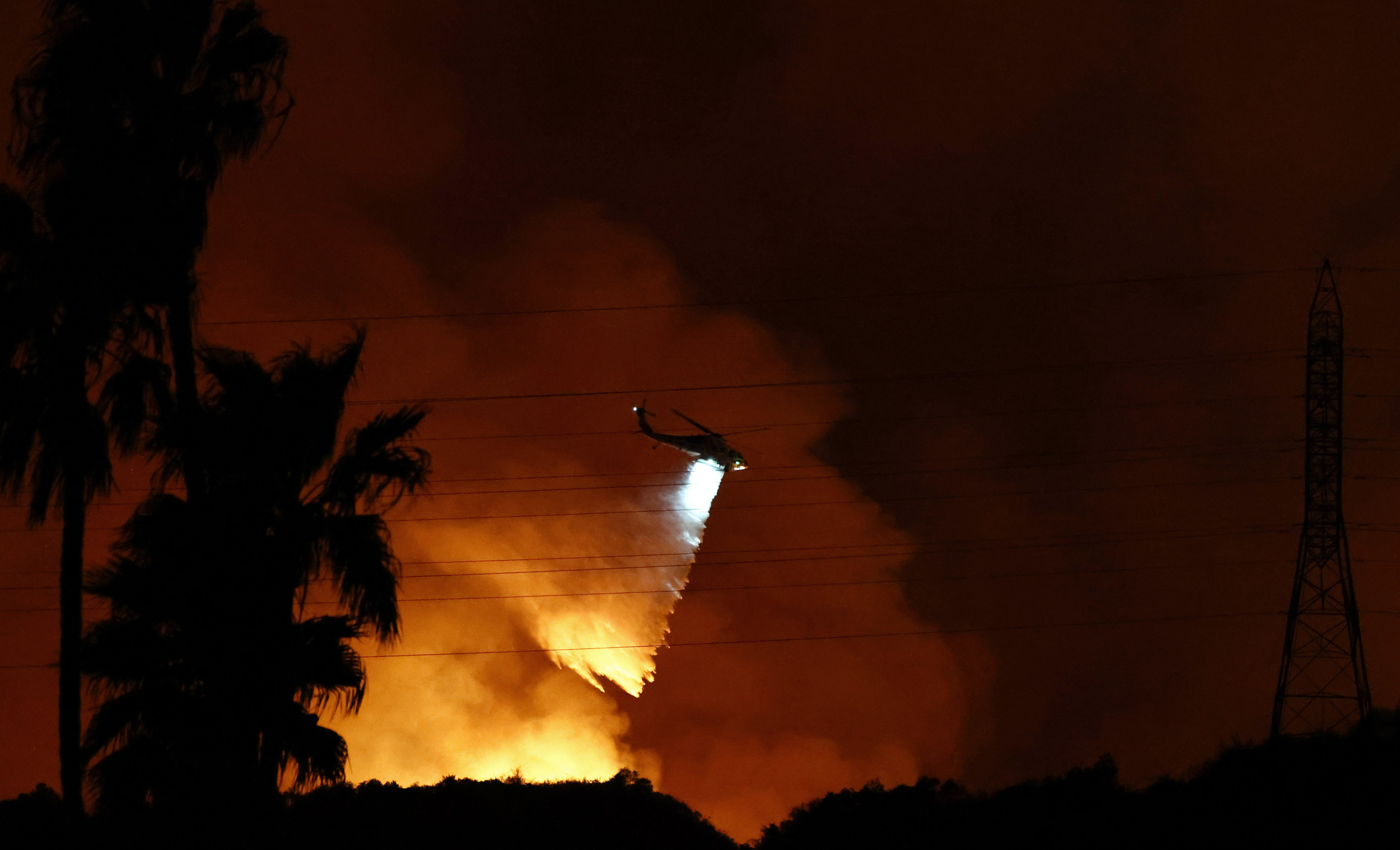North Korean soldiers deployed in Russia have reportedly accessed the unrestricted internet for the first time, with many using this newfound freedom to view pornography, according to Financial Times journalist Gideon Rachman.
"A usually reliable source tells me that the North Korean soldiers who have deployed to Russia have never had unfettered access to the internet before. As a result, they are gorging on pornography." Rachman posted on his X account.

This level of internet access marks a significant change for North Korea's troops accustomed to strict digital controls at home.
A usually reliable source tells me that the North Korean soldiers who have deployed to Russia have never had unfettered access to the internet before. As a result, they are gorging on pornography.
— Gideon Rachman (@gideonrachman) November 5, 2024Defense Department Weighs In
In response to reports on North Korean soldiers in Russia allegedly accessing unrestricted internet for the first time, Defense Department spokesperson Army Lt. Col. Charlie Dietz told military outlet Task & Purpose: "As entertaining as that sounds, I can't confirm any North Korean internet habits or virtual 'extracurriculars' in Russia," Dietz said.
He emphasized that the Pentagon's focus remains on "the more serious aspects of North Korea's involvement, if any, in Russia's military operations."
On questions of internet access, he noted, "that's a question best directed to Moscow."
Dietz added: "Right now, our attention remains on supporting Ukraine and addressing the more significant regional security concerns," reflecting a commitment to the U.S.'s broader strategic priorities in the region.
Tracking North Korean Troops
That North Korean leader Kim Jong Un was planning to dispatch ground forces including special operations units to fight alongside the Russian army was the subject of a South Korean intelligence report in October.
Seoul's top spy agency said it detected troop transport ships of Russia's Pacific Fleet collecting thousands of North Korean soldiers from three locations on the Korean Peninsula's east coast before delivering them to nearby Vladivostok.
The military personnel were organized into brigades and prepared at three sites in the Russian Far East, according to intelligence reports, which included satellite imagery of likely training camps in Ussuriysk, Khabarovsk and Blagoveshchensk, cities in Russia's Primorsky, Khabarovsk and Amur regions.
Ukrainian military intelligence, backed by U.S. assessments, believes more than 10,000 North Korean troops will eventually join the yearslong war. Earlier this month, Kyiv said a group of soldiers were transported by rail directly to Russia's Western Kursk region, which Moscow's forces have been fighting off a surprise Ukrainian raid since August.
Will More North Korean Troops Be Sent to Russia?
More of Kim's military units are expected to reach the front lines of the invasion, although it was not clear whether Pyongyang would sanction combat operations across the border within Ukraine's internationally recognized territory. And subject matter experts remain divided on their effectiveness given the unfamiliar geographical conditions.
Russia's bicameral Parliament recently ratified a mutual defense pact signed in June by Kim and President Vladimir Putin. The agreement is thought to be the legal justification behind North Korea's decision to partake in the first major foreign war in its history.
However, the Russian and North Korean governments themselves have yet to confirm the move. Senior officials in Kim's regime say the allegations, if true, would be in line with international law—and would be in the defense of ally Putin.
North Korea's embassy in Beijing did not respond to multiple requests for comment on the matter.
This article includes reporting from The Associated Press




.png)















 English (US) ·
English (US) ·